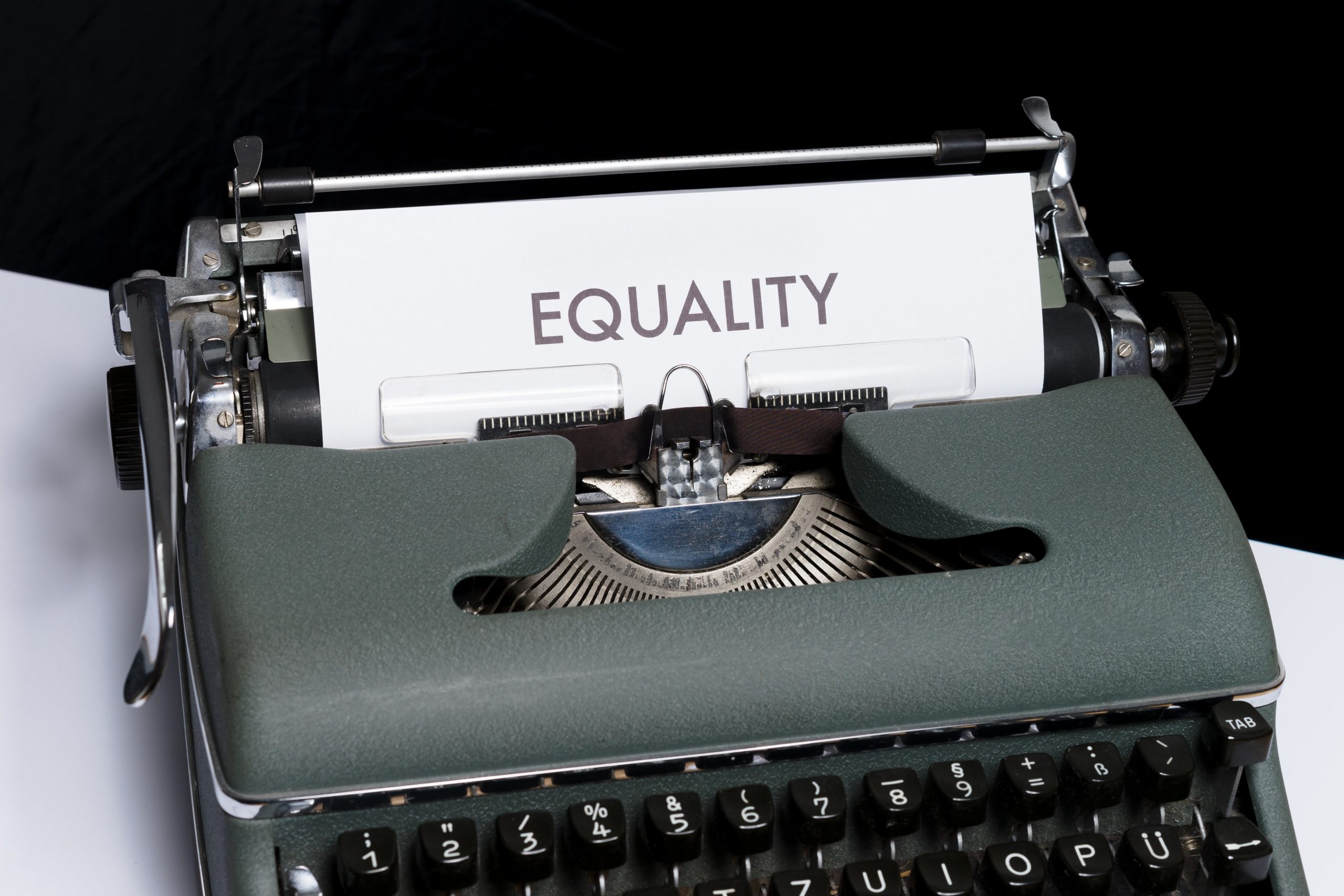
29 Jul The work on gender equality is never done: reflections on overcoming the gender binary
Last month, I attended a kick off conference meeting by a new platform at my university that I am part of. The new platform (https://www.ru.nl/researchsexandgender/), called Diversity in Sex and Gender, is quite recent, and brings together an already collaborating set of researchers from political sciences, gender studies, language and communication sciences, ethics, endocrinology and medical psychology, across the university’s academic hospital, and the faculties of Arts and Management Sciences.
The entry point has been the needs and experiences of transgender and intersex persons, and the overall aim is to do research based in the empirical reality and societal context in this highly dynamic and contested field. The overall question for the conference “Complexities of care & caring about complexity”: was: how can research contribute to more inclusive care for trans* and intersex people in a changing society?
The conference was well attended, and included trans* and intersex people as speakers, moderators and participants. The conference was meant to inspire the new platform for directions in future research. On the program were medical, social, political and educational issues, that were discussed by all attending, in small break out groups.
The conference was really inspiring, not the least because of the strong voice given to trans* and intersex people, and the way sometimes painful issues on the absence of good care were raised and discussed in the break-out sessions. For the professionals at the Radboud academic hospital, this conference yielded a treasure trove on ideas about advancing towards better care for trans* and intersex people, and on research that could support good care for them. For this goal, the participatory set up of the conference was key, and for future results to be satisfying and sustainable, there should remain attention for participatory methods.
For me, the conference was also inspiring in a more general way. It made me think again about how we understand the work on gender equality that is done in organisations such as universities. Mostly, such work is understood to be about women who are disadvantaged through the ways universities are set up and organize themselves (which resonates with the wider gender inequalities in society), and about how gender equality plans can provide a base for changing the structural ways gender inequality is engrained in its systems and ways of operating, and for supporting women as staff and students to enable them to reach their full potential.
This blog wants to add a little something to that binary mainstream understanding.
For me, this conference was a reminder that gender equality is not just about women: it is about changing the unequal relations between women and men, and, given that those are solidly rooted in a binary understanding and societal organization of gender, this binary organization should receive more attention than it does now.
So, in the afterglow of the conference, my mind and heart were filled with reflections.
One is that, if our universities, just like our societies, are so solidly organized along a binary categorization of their staff and students in groups of ‘men’ and ‘women’, who are then the people that are benefit from this, and who are the ones that suffer? It is clear also that this binary gender categorization, while being part of “gender trouble”, is allowing us to show and address inequalities between women and men that are resulting from the heavy weighted mix of gendered norms, structures, behaviors that impact on the lives and experiences of people in our universities.
This, however, is also connected to essentialized ideas about women and men, as if their (gender) identities are a solid rock of biology on which the cultural construction of gender is built. We know it is not like that. Unpacking this would allow us to see how some people do have a hard time finding and using their full capabilities to make their life as rich as possible because they do not fit in an essentialised understanding of gender. This includes trans, non-binary and intersex people. Do our universities have ideas how they could better support trans*, non-binary and intersex people as staff or students? To the degree that they are failing to pay attention to this, they fail trans*, non-binary and intersex people, who are, after all, among the students and staff of universities, and whose lives and experiences deserve attention just like anyone else.
According to the European Commission’s newest study ‘Legal gender recognition in the EU: The journeys of trans people towards full equality,’(https://www.euromedwomen.foundation/pg/en/documents/view/9602/legal-gender-recognition-in-eu-the-journeys-of-trans-people-towards-full-equality)
trans people experience lower employment rates, greater levels of economic inactivity and higher unemployment rates than the general population. That is why the European Commission organized a conference on ‘Supporting trans and intersex inclusion in the workplace’, on 10 June 2021.
I was happy to see this recent attention, and I am hoping that also in universities, there will be growing action on this.
We should open our eyes to the full complexity of gender and gender (in)equality.
Read more?
Connell, Catherine. “Doing, undoing, or redoing gender? Learning from the workplace experiences of transpeople.” Gender & Society 24.1 (2010): 31-55.
Yoder, Jeremy B., and Allison Mattheis. “Queer in STEM: Workplace experiences reported in a national survey of LGBTQA individuals in science, technology, engineering, and mathematics careers.” Journal of homosexuality 63.1 (2016): 1-27.
Miller, Lisa R., and Eric Anthony Grollman. “The social costs of gender nonconformity for transgender adults: Implications for discrimination and health.” Sociological Forum. Vol. 30. No. 3. 2015.
David, Emmanuel. “Purple-collar labor: Transgender workers and queer value at global call centers in the Philippines.” Gender & society 29.2 (2015): 169-194.
Rudin, Joel, et al. “Hostile territory: Employers’ unwillingness to accommodate transgender employees.” Equality, Diversity and Inclusion: An International Journal (2014).
Post created by Mieke Verloo.
Photo by Markus Winkler on Unsplash




Sorry, the comment form is closed at this time.